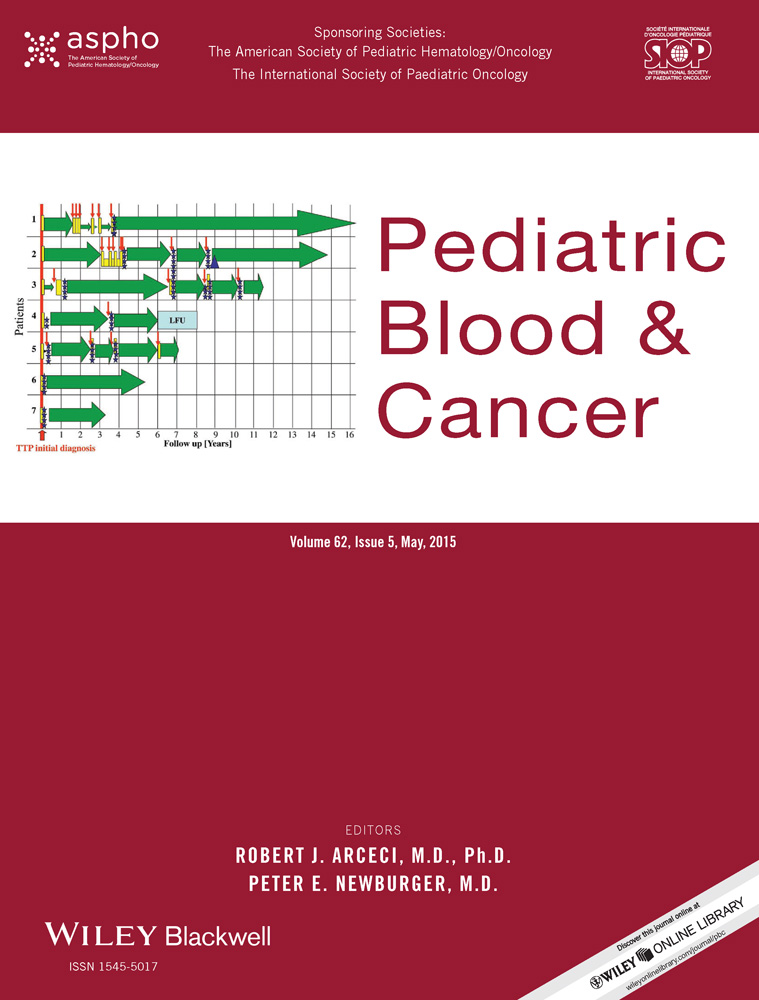Balancing research interests and patient interests: A qualitative study into the intertwinement of care and research in paediatric oncology
Abstract
Background
Traditionally, in ethical guidelines and in research ethics literature, care and research are clearly separated based on their different objectives. In contrast, in paediatric oncology, research and care are closely combined. Currently, it is unknown how relevant actors in paediatric oncology perceive this combination of research and care. We conducted a qualitative study into the experiences of those involved in Dutch paediatric oncology with the intertwinement of research and care and the dual role of paediatric oncologists as researchers and treating physicians.
Procedure
A qualitative study approach, using two focus groups and 19 semi-structured, in-depth interviews with paediatric oncologists, research coordinators, parents of children with cancer, and adolescents with cancer.
Results
Four themes characterize how actors experience the intertwinement of research and care in paediatric oncology. First, research is considered of major importance, and paediatric oncology professionals convey this message to patients and their parents. Second, there is ambiguity about categorization of studies into cancer therapy as either research or treatment. Third, role conflicts appear within the work of the paediatric oncologists. Finally, the various benefits of combining treatment with research are emphasized.
Conclusions
Research is regarded as a fundamental and indispensable characteristic of paediatric oncology practice. Paediatric oncology professionals, parents, and patients have a very positive outlook on combining research and care, but they may not be sufficiently critical with respect to potential conflicts. Increased reflection on how to optimally combine research and care could serve as an important protection of the interests of children with cancer and their parents. Pediatr Blood Cancer 2015;62:816–822. © 2015 Wiley Periodicals, Inc.




